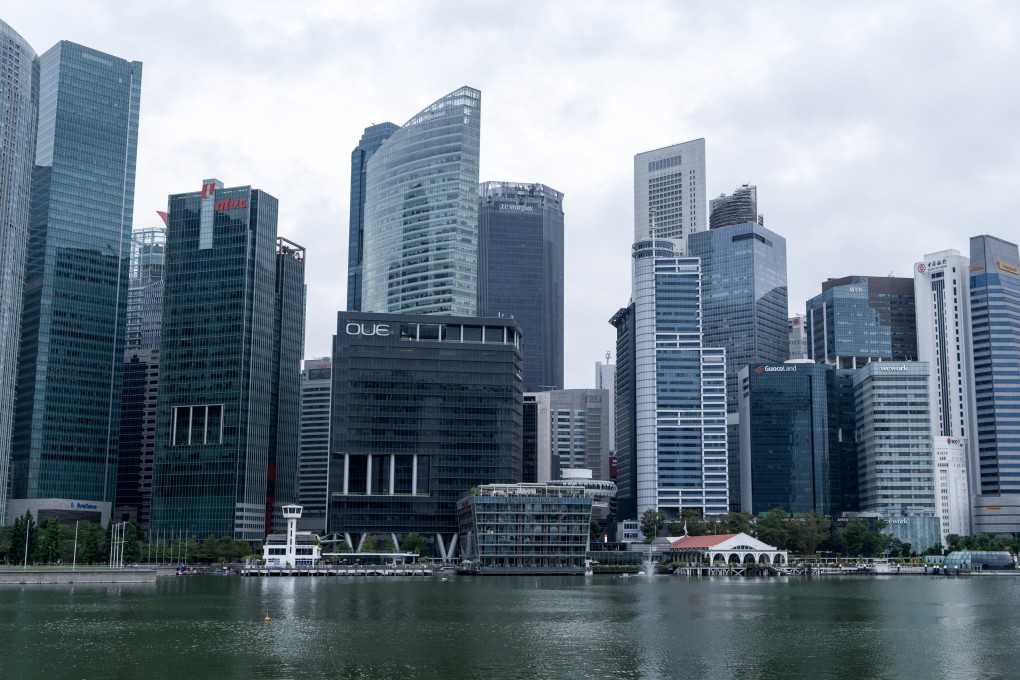Singapore proposes unprecedented anti-scam powers for police amid support, privacy concerns
Singapore could be the first country to implement legislation allowing authorities to control individual bank accounts to protect people from scams

Under the proposed Protection from Scams Bill, officers could direct banks to halt withdrawals and block credit access for up to 30 days. This restriction would target individuals who may have fallen victim to a scam, especially those manipulated into self-affected transfers despite warnings from authorities, banks, or family members.
The Ministry of Home Affairs (MHA) said on November 11 that freeze orders would only be used as a last resort after other options to convince the individual had been exhausted. Those affected by the orders can ask for money from their accounts to pay bills and for essential expenses, and can appeal if they do not agree with the order.
In the first half of this year, 86 per cent of reported scams in Singapore involved victims transferring money themselves after being deceived, according to MHA, which noted that, in some cases, victims persisted even after being alerted to the scam.

During the public consultation process conducted by the ministry in August and September, more than 90 per cent of respondents said they supported the proposal in order to protect individuals who may not realise they are being scammed. Some even suggested extending the application of the law to cover cryptocurrency exchanges and remittance companies.
